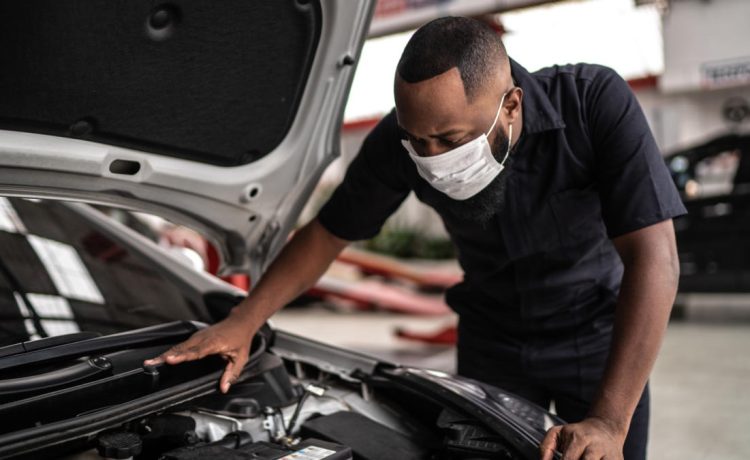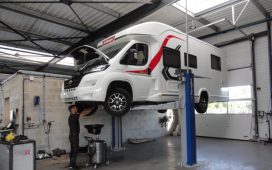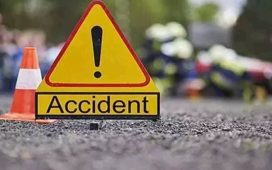A car owner’s essential responsibility is routine maintenance, which is usually described in the service manual provided by the manufacturer. For comprehensive Auto Services in Woodbury, MN, regular maintenance includes tasks like tire rotations, fluid checks, oil changes, and inspections of vital parts like belts and brakes. Although it may be tempting to avoid these visits often because of time restrictions or concerns about the cost, the consequences of ignoring this part of automotive maintenance might cause serious problems in the future. Vehicle lifetime, safety and performance can all be negatively impacted by skipping recommended maintenance.
Engine Failure: An Expensive Aftereffect
One of the worst consequences of disregarding maintenance is engine failure. Maintaining engine cleanliness and lubrication requires regular oil changes. Failure to replenish oil can cause oil sludge to heat up an engine and cause catastrophic damage. Regular maintenance, such as oil changes and other repairs, is much cheaper than engine repair or replacement.
Decreased Fuel Economy
Lack of maintenance is a major risk to fuel economy. Lack of maintenance might reduce fuel economy, but a well-maintained car operates smoothly. Fuel economy can be reduced by faulty spark plugs, dirty air filters, and misaligned wheels. Neglecting maintenance raises fuel expenditures and the vehicle’s carbon footprint, which can harm one’s finances and the environment.
Road Safety Risks
Neglected scheduled maintenance could endanger safety. Poorly examined cars may have uneven tire tread, old brakes, or broken lights, increasing accident risk. For instance, brake failure could kill or injure. Tires, wipers, and lights must be maintained to ensure the car operates properly in all scenarios. Neglecting routine maintenance might endanger drivers and other road users.
Durability of Your Car
The secret to extending the life of your car is scheduled maintenance. Compared to vehicles that are neglected, those that undergo routine maintenance and care will probably continue to run for a lot longer. Timing belts, water pumps, and transmission fluid are a few examples of crucial components that need constant maintenance. If these parts are not replaced at the suggested times, they may wear out sooner and require more expensive repairs. Car owners can maximize the return on their initial investment by saving a lot of money on replacement costs down the road by investing a small amount in maintenance now.
Conclusion
In the short run, skipping planned maintenance could seem like a sensible choice, but there may be negative long-term effects. The potential issues caused by skipping regular maintenance exceed any time or money savings, since they include a shorter vehicle lifespan, a higher risk of engine failure, reduced fuel efficiency, and greater safety dangers. Drivers can guarantee that their vehicles stay dependable, safe, and efficient for many years to come by making routine auto maintenance a priority. In the end, routine maintenance is an investment in the health of the driver and their car, not just an expense.












